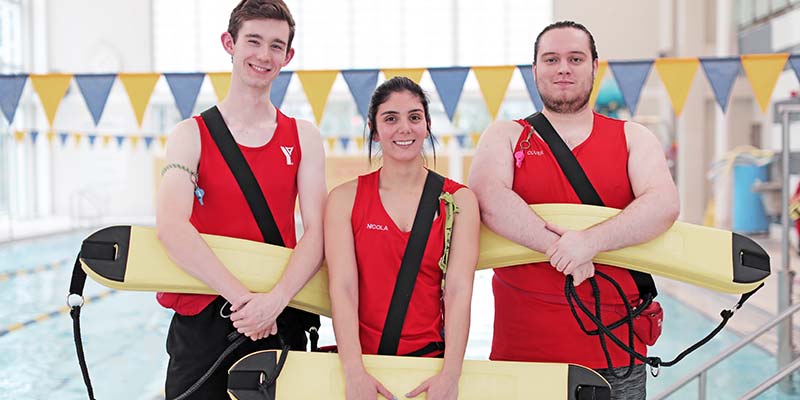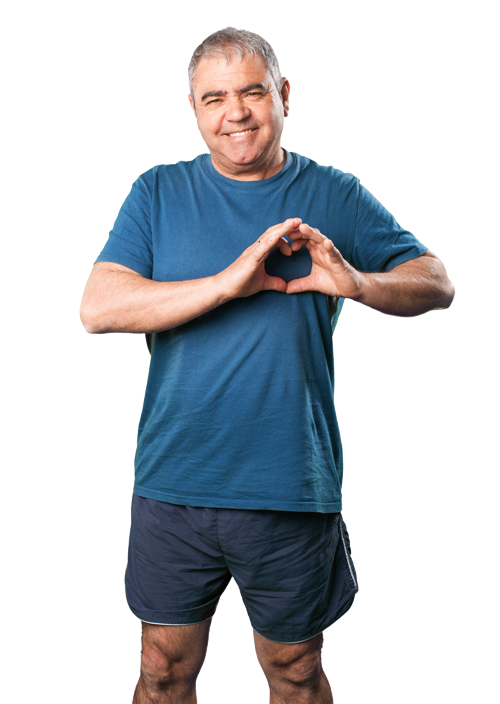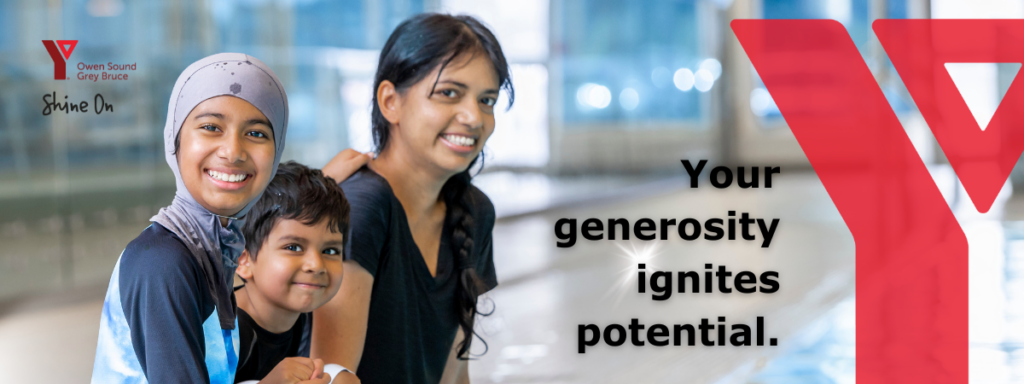Thousands of people visit our pools and beaches every year to cool off, get fit, and enjoy quality time with family and loved ones. If you’re one of those people, you likely enjoy the atmosphere, swimming and taking in the many benefits of being in the water. Have you ever considered turning your passion for water into a career? Maybe you’re a fitness fanatic, looking for a way to stay fit while you work? Or maybe helping people is what motivates you? If you answered “Yes” to any of these questions, a career as a Lifeguard may be for you!
Forget about 9-5 desk jobs, being a lifeguard can allow you to work flexible hours, be inside or outside, swim while you work, socialize with participants and coworkers, and feel a sense of pride and purpose while you keep people safe. Unlike many careers that require university or college degrees, swimming and lifeguarding certifications can start at a young age and prepare you for the workforce sooner and more affordably.
Being a Lifeguard usually keeps you close to the water, but there are many places and opportunities to expand your career. Parks, camps, municipal pools, beaches, YMCAs, and private teams and clubs are a few of the usual places to find work as a Lifeguard. More experienced Lifeguards can also lead a team, direct an aquatics department, teach certification classes, or work for governing bodies like the Lifesaving Society of Ontario. Being a certified Lifeguard can also prepare you for other work within Aquatics, like being a swim instructor, aquatic fitness instructor or swim coach, or prepare you for careers in other industries like camp, child care, healthcare, fitness, and first aid.
Whether becoming a Lifeguard has been life-long goal for you, or you’ve just decided to explore this career, it’s never too late to get started. Do you need to pass all of the swim lesson levels to become a Lifeguard? No! While swim lessons are a fantastic way to learn how to swim and be in and around water safely, they aren’t a requirement to start the Aquatic Certifications needed to become a lifeguard. Along with being a confident swimmer, to be a lifeguard in Canada you will need to successfully pass these certifications:
-
Bronze Level Awards
Bronze Medallion: First up is Bronze Medallion where you will learn basic lifesaving skills. Participants must be 12 years of age and able to swim two laps of a 25m pool.
Bronze Cross: After successfully completing Bronze Medallion, you’ll be eligible to take Bronze Cross where you’ll build a foundation for lifeguarding. Participants must be 13 years of age.
-
Standard First Aid
This training covers all aspects of First Aid and CPR, including: legal implications of first aid treatment, spinal injuries, heat or cold injuries, bone and joint injuries, chest injuries, and medical emergencies.
-
National Lifeguard
Next up is the real deal! Successfully completing the National Lifeguard certification allows you to be a lifeguard all across Canada.
This certification course tests your physical ability to save another person, all while keeping yourself safe. You will gain valuable skills and tools that you can apply on the job when you finally start working as a Lifeguard. Participants must be 15 years of age and have successfully completed Bronze Medallion, Bronze Cross and Standard First Aid.
In Ontario, you can complete this course at 15 years of age, but you cannot Lifeguard until you are 16 years old.
Ready to start your lifesaving career? Our YMCA offers Aquatic Certification courses several times a year at our state-of-the-art Health, Fitness & Aquatics facility. Check out our website for course dates, rates, and additional details. We’re always looking for candidates to join our Aquatics Team, and sometimes hire class participants immediately after they’ve completed their certifications!
We look forward to seeing you in the pool!




